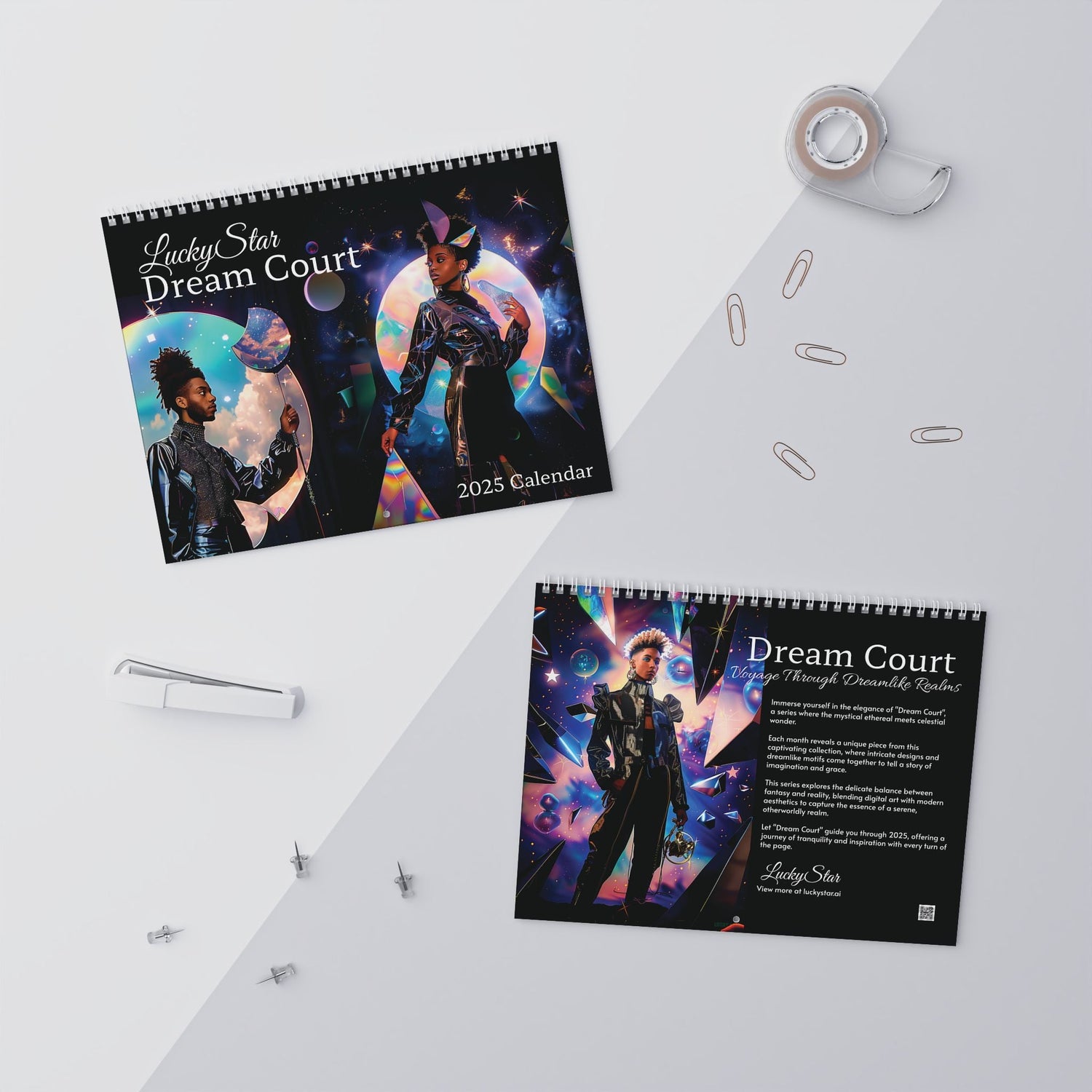
Rethinking AI and Artist Rights on SoundCloud: A Call for Consent and Fair Practices
This thoughtful analysis examines SoundCloud’s AI approach through the lens of creative resource extraction and an AI value-chain framework. Read on to learn how clear consent, fair value sharing, and transparent practices can strengthen the music community.
By Lucky Star, Responsible AI | Blockchain Educator & Consultant
Introduction
[May 11, 2025] — SoundCloud’s updated terms of service, rolled out in February 2024, grant the platform permission to use uploaded tracks “to inform, train, develop, or serve as input to” artificial intelligence systems (Bursztynsky, 2025). Although SoundCloud maintains that it has never yet trained generative AI on user content and offers a “no AI” tag for creators who opt out, the mere presence of this clause has triggered concern among musicians (The Verge, 2025). For artists who already receive minimal financial return and whose work sustains vibrant community cultures, unchecked AI integration risks repeating patterns of extraction without consent.
What History Teaches Us
Historical patterns under colonial governance often involved the transfer of natural and cultural resources from local communities without adequate consent or fair recompense, producing long-term social and economic consequences. Researchers refer to the modern digital parallel as “data colonialism,” observing that just as those past
practices shifted wealth and control away from original stewards, today’s platforms can appropriate creative works and metadata for algorithmic development without the transparent agreements or benefit sharing that uphold community rights (Couldry & Mejias, 2019; Kwet, 2019).
Moreover, the pipelines through which music is ingested—metadata schemas, content-analysis algorithms, and hosting architectures—encode preferences for certain genres, languages, and production styles. Sterne and Razlogova (2021) demonstrate that automated mastering and classification platforms privilege recordings with clear stereo mixes and Western tuning systems, procedurally sidelining field recordings, non-standard instruments, and vernacular performance practices. Embedding such infrastructures in AI training risks reproducing these biases at scale, further marginalizing community-rooted music traditions.
Friend or Foe: Good Intentions, Real Risk
On one hand, SoundCloud’s AI partnerships—such as those with Musiio, which power features like First Fans and Buzzing Playlists—are promoted as tools to elevate new tracks by matching them with receptive listeners (Music Business Worldwide, 2025; SoundCloud Press, 2024). On the other hand, these systems rely on analyzing extensive libraries of user uploads. Without a clear, creator-driven opt-in, musicians risk contributing their work to AI models that may later undercut human-made music or generate derivative content without attribution or compensation (Bursztynsky, 2025; TechCrunch, 2025).
Why It Matters to All of Us
AI music systems learn from the tracks they consume. When those tracks enter datasets without explicit permission, the result is not only a skewed output but a
form of digital harm—echoing a history of creative labor extraction without consent. Creators should have been offered a straightforward choice from the outset: to opt in if they wish to share their work for AI development, or to keep it out of training data.
Many community-rooted traditions—folk songs, local performance styles, and regionally specific forms—are less widely documented in public archives. Consequently, AI models trained on those archives favor mainstream genres, reinforcing popular sounds and narrowing the musical landscape for everyone. Moreover, when music is used without consent, artists lose the ability to control how their work circulates and to benefit from its reuse—replicating patterns of exploitation from earlier eras of resource extraction (Bryan-Kinns & Li, 2024).
Seeing Practices Through an AI Value Chain Lens
Attard-Frost and Widder (2025) frame AI development as a value chain spanning data sourcing through model deployment. At each stage—collection, curation, training, inference—creative labor and metadata are treated as inputs that generate downstream profit. Their analysis highlights common ethical gaps: opaque provenance, stakeholder exclusion, and lack of resource accounting.
Applying this lens to SoundCloud:
- Data Sourcing (Uploads): Require explicit opt-in before any track is ingested into training datasets.
- Data Curation (Tags, Playlists): Embed provenance metadata and watermark indicators to track usage.
- Model Training: Link royalties or licensing fees directly to watermarked inputs at training time.
- Deployment (Recommendations, AI Remixes): Route a share of revenue from AI-generated outputs back to original creators when watermarked content is detected.
- Governance: Include community-based artists and cultural representatives on policy bodies that oversee each stage of the chain.
This value-chain perspective makes clear where interventions must occur to embed consent, transparency, and equitable benefit sharing (Attard-Frost & Widder, 2025).
A Path Forward
To build a music ecosystem that is fair and sustainable, platforms must center artist agency and equitable practices:
-
Clear Opt-In Mechanisms
Creators must choose whether their uploads may be included in AI training. Any shift toward generative use of content must require advance, informed consent. -
Fair Value Sharing
Introducing micro-royalty schemes or revenue-sharing models tied to AI-powered features can ensure that those whose work informs new tools receive compensation proportional to their contribution. -
Balanced Training Sets
Partnerships with cultural institutions and community organizations can help curate collections that reflect a broad range of musical forms, preserving the richness of global creativity. -
Inclusive Governance
Decision-making bodies for AI policy on creative platforms must include musicians from varied backgrounds—especially those most vulnerable to extraction—so that policies reflect their insights and needs.
How to Get Proper Credit and Track Usage
Ensuring that creators receive recognition and repayment requires robust attribution and detection tools:
-
Imperceptible Watermarks
Techniques described by Epple, Shilov, Stevanoski, and de Montjoye (2024) embed audio watermarks that endure AI training and can be detected in model outputs. -
Cross-Attention Markers
Methods like XAttnMark introduce signal patterns during creation, enabling precise, sample-level attribution even after editing (Liu, Lu, Jin, Sun, & Fanelli, 2025). -
Open Forensic Frameworks
Systematic evaluations of watermark robustness—such as the assessment by Wen, Innuganti, Ramos, Guo, & Yan (2025)—offer blueprints for open-source tools that scan AI outputs and flag unauthorized use. -
Transformation-Resilient Detection
Approaches such as ReSWAT employ adversarial training to create watermarks that resist common transformations, ensuring traceability even when audio is cropped or pitch-shifted (Hayes et al., 2020).
Developers and platform architects should integrate these methods into dataset curation and model auditing pipelines. Real-time alerts for unlicensed content will help maintain ethical standards and ensure that artists are compensated.
Final Thoughts
SoundCloud’s AI integration brings both promise and risk. To prevent a new wave of digital extraction, platforms must grant creators full agency over their work, establish transparent compensation frameworks, and broaden datasets to reflect the true range of musical traditions. By embedding inclusive governance, value-chain interventions, and robust tracking tools, we can move toward a digital music ecosystem that respects artists, honors shared traditions, and supports innovation without compromise.
Sources & References
Attard-Frost, B., & Widder, D. G. (2025). The ethics of AI value chains. Sage Journals. https://doi.org/10.1177/20539517251340603
Bryan-Kinns, N., & Li, Z. (2024). Reducing barriers to the use of lesser-heard musical forms in AI. Proceedings of the Explainable AI for the Arts Workshop 2024. https://doi.org/10.48550/arXiv.2407.13439
Bursztynsky, J. (2025, May 9). SoundCloud faces backlash after adding an AI training clause in its user terms. Fast Company. https://www.fastcompany.com/91332060/soundcloud-faces-backlash-after-adding-an-ai-training-clause-in-its-user-terms
Couldry, N., & Mejias, U. A. (2019). The costs of connection: How data is colonizing human life and appropriating it for capitalism. Stanford University Press. https://www.sup.org/books/sociology/costs-connection
Epple, P., Shilov, I., Stevanoski, B., & de Montjoye, Y.-A. (2024). Watermarking training data of music generation models. arXiv. https://arxiv.org/abs/2412.08549
Hayes, J., Krishnamurthy, K., Dvijotham, K., Chen, Y., Dieleman, S., Kohli, P., & Casagrande, N. (2020). Towards transformation-resilient provenance detection of digital media. arXiv. https://arxiv.org/abs/2011.07355
Kwet, M. (2019). Digital colonialism: Digital colonialism: Digital colonialism: US empire and the new imperialism in the Global South. Sage Journals. https://journals.sagepub.com/doi/10.1177/0306396818823172
Liu, Y., Lu, L., Jin, J., Sun, L., & Fanelli, A. (2025). XAttnMark: Learning robust audio watermarking with cross-attention. arXiv. https://arxiv.org/abs/2502.04230
Music Business Worldwide. (2025, March 12). SoundCloud tackles zero-plays problem with AI-powered First Fans feature. https://www.musicbusinessworldwide.com/soundcloud-tackles-zero-plays-problem-with-ai-powered-first-fans-feature/
Sterne, J., & Razlogova, E. (2021). Tuning sound for infrastructures: Artificial intelligence, automation, and the cultural politics of audio mastering. College Art Association. Retrieved from http://elenarazlogova.org/wp-content/uploads/Sterne-and-Razlogova_Tuning-sound-for-infrastructures-artificial-intel_2021.pdf
SoundCloud Press. (2024, November). SoundCloud unveils six new AI-powered tools to democratize music creation for all artists. https://press.soundcloud.com/244375-soundcloud-unveils-six-new-ai-powered-tools-to-democratize-music-creation-for-all-artists
TechCrunch. (2025, May 9). SoundCloud changes policies to allow AI training on user content. https://techcrunch.com/2025/05/09/soundcloud-changes-policies-to-allow-ai-training-on-user-content/
The Verge. (2025, May 10). SoundCloud says it is not using your music to train generative AI tools. https://www.theverge.com/news/664683/soundcloud-denies-training-ai-with-user-music
Wen, Y., Innuganti, A., Ramos, A. B., Guo, H., & Yan, Q. (2025). SoK: How robust is audio watermarking in generative AI models? arXiv. https://arxiv.org/abs/2503.19176




